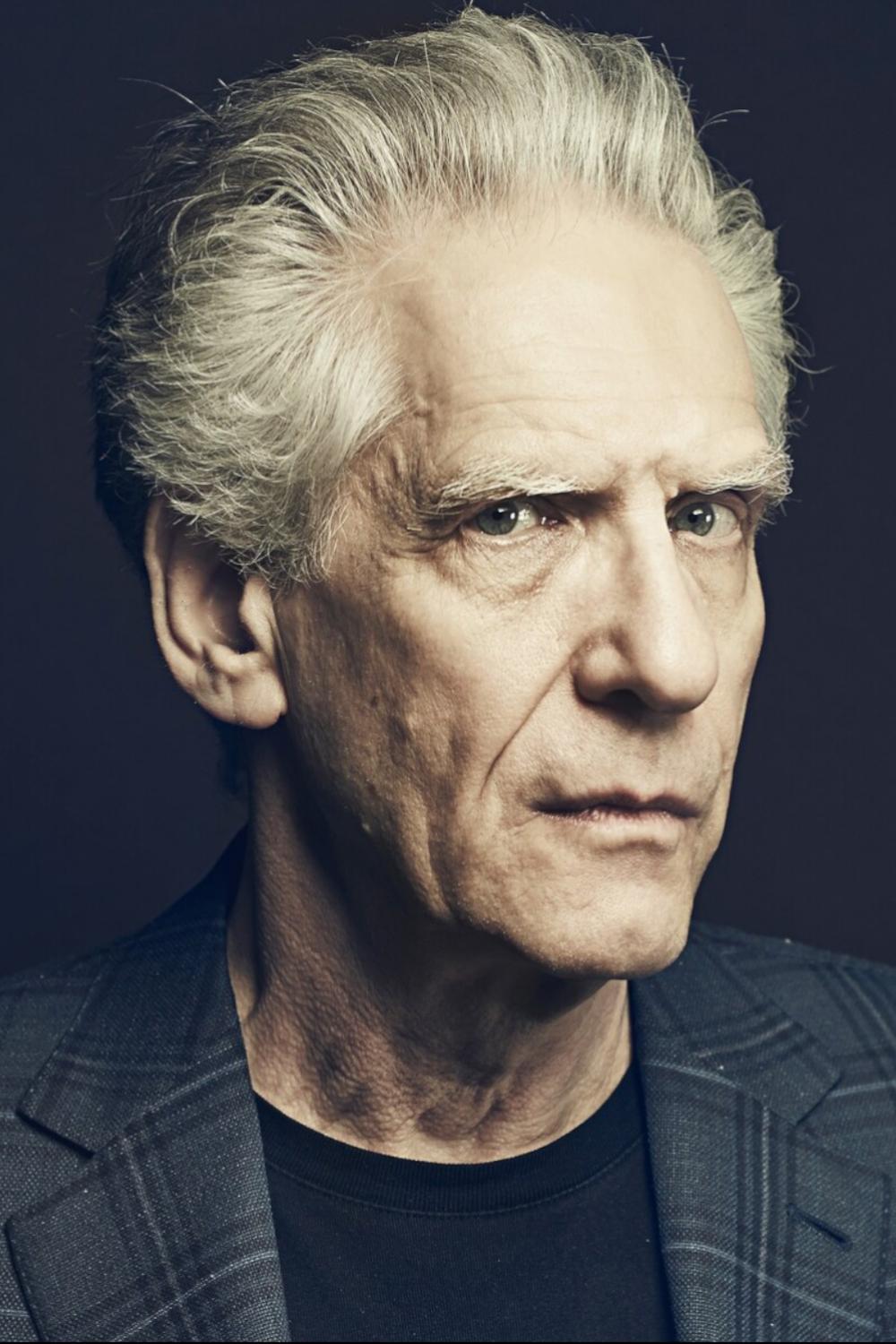

In 1982, Wim Wenders asked 16 of his fellow directors to speak on the future of cinema, resulting in the film Room 666. Now, 40 years later, in Cannes, director Lubna Playoust asks Wim Wenders himself and a new generation of filmmakers (James Gray, Rebecca Zlotowski, Claire Denis, Olivier Assayas, Nadav Lapid, Asghar Farhadi, Alice Rohrwacher and more) the same question: “is cinema a language about to get lost, an art about to die?”
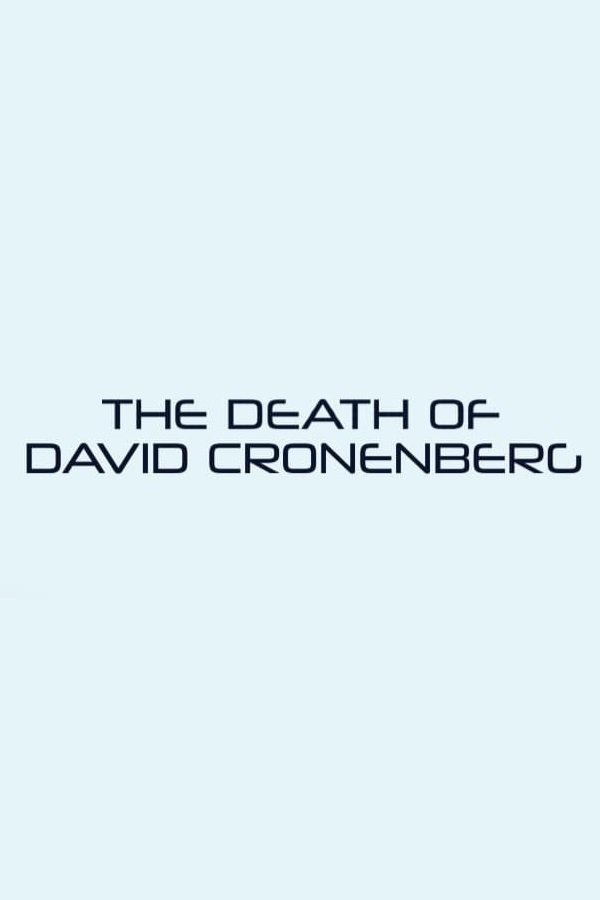
David Cronenberg stands in a softly lit bedroom and looks deeply into the camera before his gaze shifts to a motionless figure in the bed...
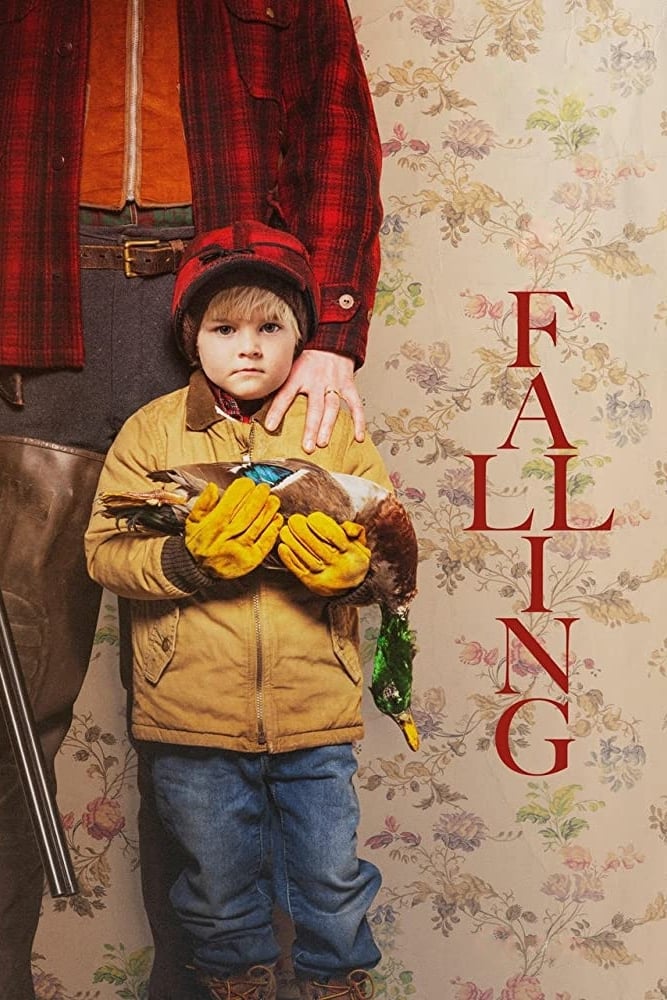
John Peterson lives with his partner Eric and their adopted daughter in Southern California. When he is visited by his aging father Willis from Los Angeles who is searching for a place to retire, their two very different worlds collide.

Following the death of her mother, a young woman returns home to Niagara Falls and becomes entangled in the memory of a kidnapping she claims to have witnessed as a child.
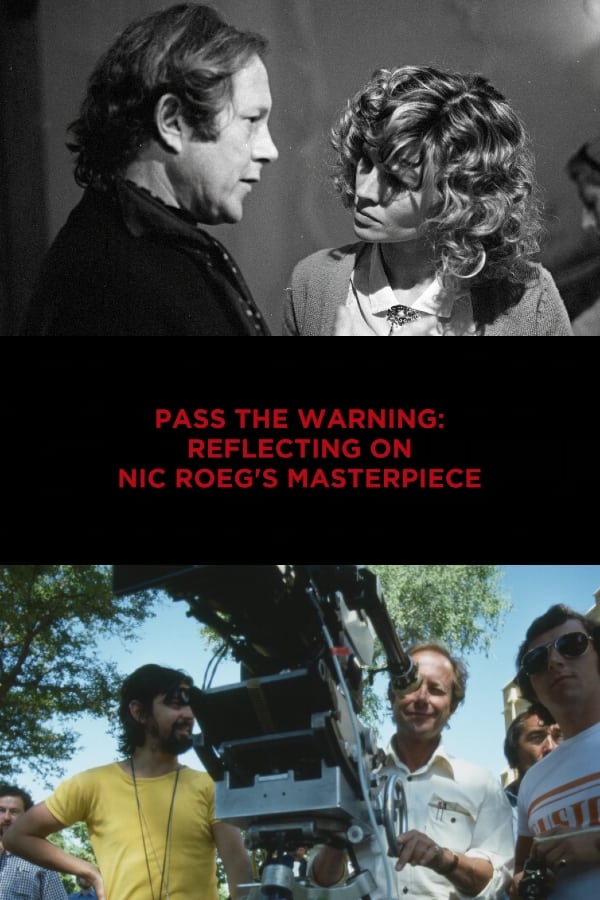
New featurette, writer/director Brad Bird, writer/director Andrew Haigh, director Danny Boyle, and cinematographer Anthony B. Richmond, amongst others, discuss the Nic Roeg's diverse body of work and his visual style as well as Don't Look Now.
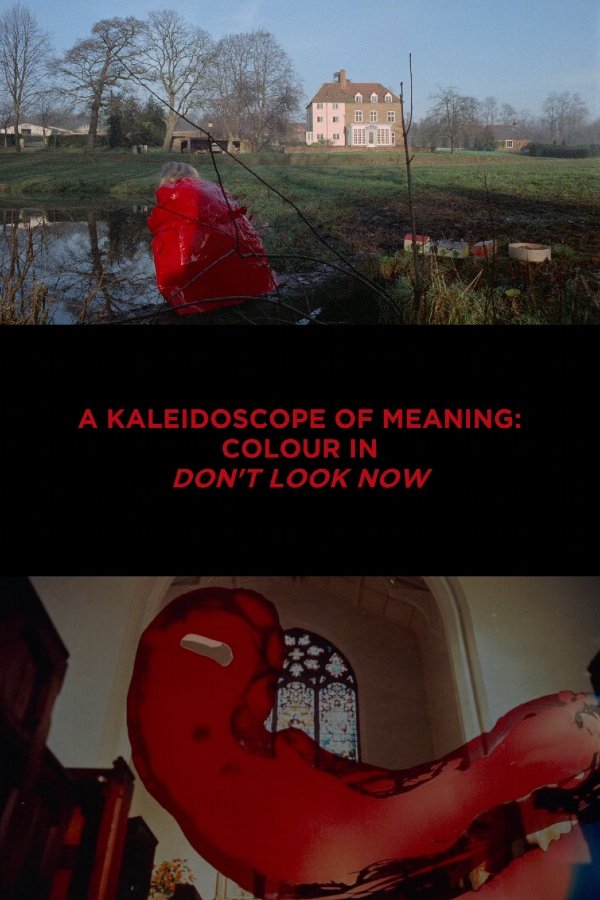
New featurette, David Cronenberg, cinematographer Anthony B. Richomond, and professor Sarah Street (University of Bristol), amongst others, discuss the use of color in Don't Look Now as well as the manner in which it affects the film's tone and atmosphere
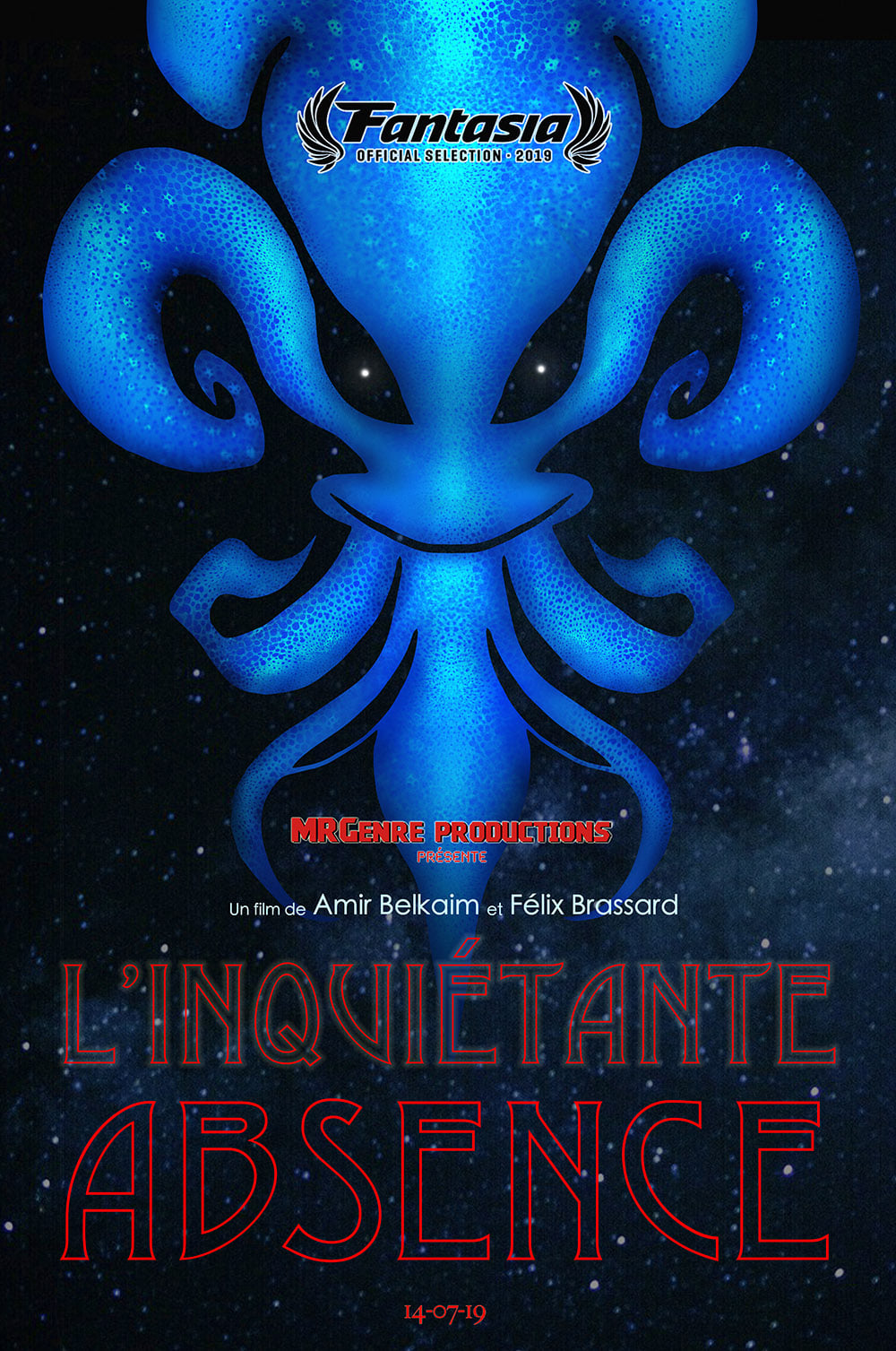
"L'inquiétante absence" is a documentary that examines the current state of genre films in Québec. In an attempt to answer their questions, the filmmakers conducted several interviews with leading figures of Québec's genre cinema from various backgrounds, in addition to meeting with fans at festivals and conventions.
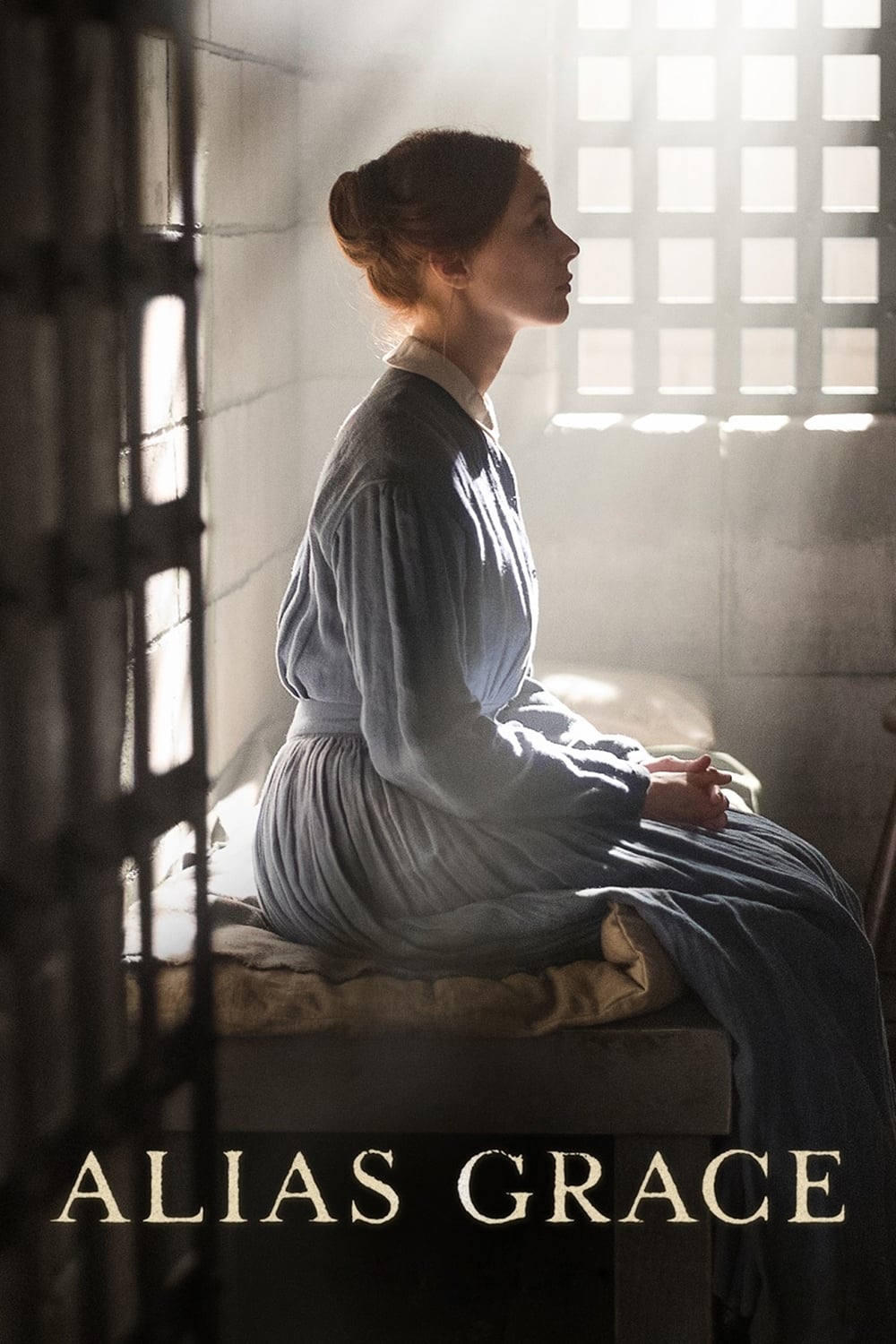
Based on the true story of Grace Marks, a housemaid and immigrant from Ireland who was imprisoned in 1843, perhaps wrongly, for the murder of her employer Thomas Kinnear. Grace claims to have no memory of the murder yet the facts are irrefutable. A decade after, Dr. Simon Jordan tries to help Grace recall her past.
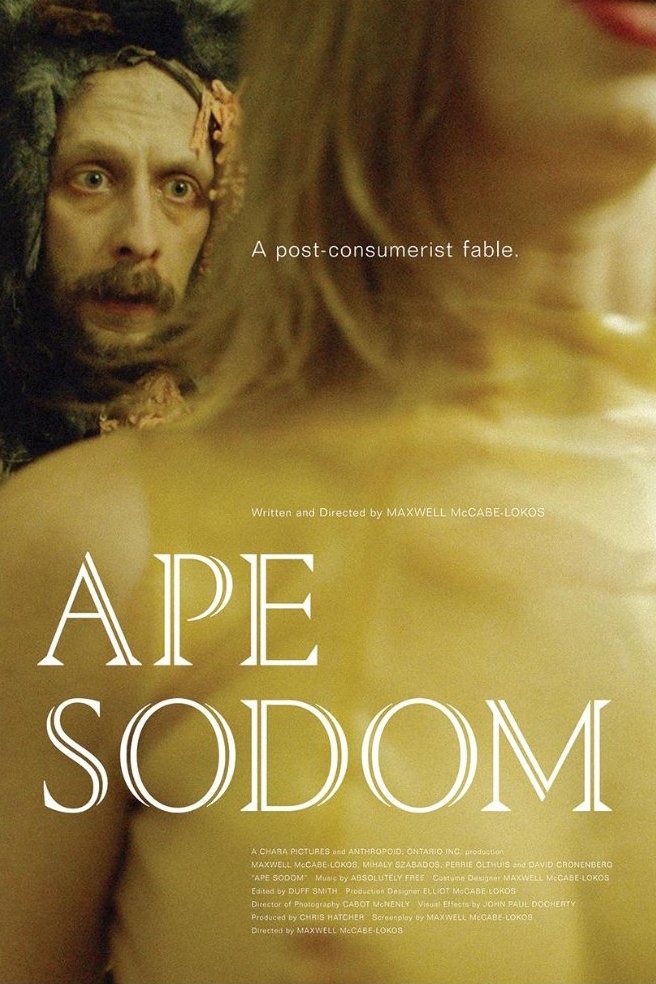
Three degenerates navigate the descending hierarchy of post-consumerist enlightenment.

Where futures are known and happiness is guaranteed by G.O.D., a mother is given a choice - her child or her perfect future.
David Paul Cronenberg CC OOnt (born March 15, 1943) is a Canadian film director, screenwriter, producer and actor. He is a principal originator of the body horror genre, with his films exploring visceral bodily transformation, infectious diseases, and the intertwining of the psychological, physical, and technological. Cronenberg is best known for exploring these themes through sci-fi horror films such as Shivers (1975), Scanners (1981), Videodrome (1983) and The Fly (1986). However, he has also directed dramas, psychological thrillers and gangster films. Cronenberg's films have polarized critics and audiences; he has earned critical acclaim and sparked controversy for his depictions of gore and violence. The Village Voice called him "the most audacious and challenging narrative director in the English-speaking world". His films have won numerous awards, including the Special Jury Prize for Crash at the 1996 Cannes Film Festival, a unique award that is distinct from the Jury Prize as it is not given annually but only at the request of the official jury, who in this case gave the award "for originality, for daring, and for audacity". From the 2000s to the 2020s, Cronenberg collaborated on several films with Viggo Mortensen, including A History of Violence (2005), Eastern Promises (2007), A Dangerous Method (2011) and Crimes of the Future (2022). Seven of his films were selected to compete for the Palme d'Or, the most recent being The Shrouds (2024), which was screened at the 2024 Cannes Film Festival. Description above from the Wikipedia article David Cronenberg, licensed under CC-BY-SA, is a full list of contributors on Wikipedia.
By browsing this website, you accept our cookies policy.